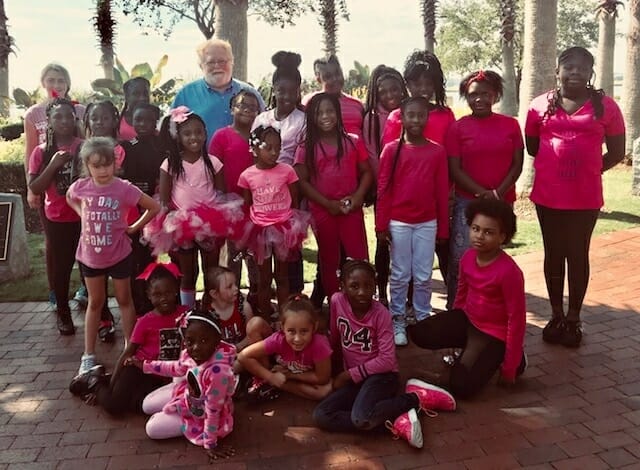Conroy’s name is being exploited
I am writing to you — or in fact to your readers — because I don’t know who else might address the potential concerns of the entirety of Beaufort County.
Let’s admit, our “community” is certainly balkanized, if not necessarily divided in its views. I write because I am truly ashamed of our community.
In what respect?
For shamelessly exploiting the name of Pat Conroy.
I completely understand that every writer would like to have his day —and certainly the recognition he is due. But I suspect that even Mr. Conroy would wonder at the way his name is exploited in our community since his death. Isn’t this a bit like attacking someone who cannot defend himself?
I will admit, I have never read a single one of Mr. Conroy’s books, though I have seen terrible renditions of them from Hollywood in a few cases.
You know who I am talking about here. Perhaps it was the “lady” who complained about the MCAS flyovers back in the day, when she was filming in Beaufort. Or is that just an apocryphal story?
The question for us as residents of this community is whether we want people to exploit Pat Conroy’s name.
Remember him, of course. Respect him, certainly. But do we have to have every community group in Beaufort County reaching out in his name, month after month? And this includes the media. You know who you are.
Please, let’s try to be respectful. I know it is hard in this insane age we live in. But many of us escape to Beaufort precisely because we hope there is still some measure of human decency out there somewhere.
Lloyd Richardson
Beaufort
Black soldiers monument unwise
Editor’s note: State Reps. Bill Chumley and Mike Burns have proposed building a monument to black Confederate soldiers.
The members of the South Carolina African American Heritage Commission would like to register our opposition to the ill-informed proposal to erect a monument in honor of South Carolina’s Civil War-era African American Confederate pensioners.
First, we all can agree that the idea of a monument to recognize the significant role African Americans played in the Civil War is a worthwhile pursuit.
However, a monument to commemorate the men forced into glory is essentially an attempt to rewrite the history of African-American contributions to America’s freedom struggle. In its current iteration, the proposal is ahistorical, insulting and uninformed.
The suggestion that African-American slaves had the ability to choose to volunteer for service in the Confederate cause is preposterous. Since there were no volunteers then, these men were forced into service. They were, in fact, men who were coerced to labor against their wills.
African Americans have always cherished freedom and dedicated themselves to the cause of liberty. The Confederacy originated out of the very idea of denying African Americans freedom.
The Confederate government was built on the institution of slavery and undergirded with the regressive ideas of white supremacy. The fact that the majority of African Americans who participated in the war effort did so on the side of the Union speaks volumes.
The Confederacy rejected black participation in its cause, until that very cause was little more than a concept, and wanted nothing to do with African-American soldiers. They only saw blacks as servants and pawns in a very dangerous game.
As Alexander Stephens, the vice president of the Confederacy, said in 1861, the U.S. Constitution was fundamentally wrong because it guaranteed black equality.
The idea that African Americans would volunteer to fight for a government built on those principles defies logic.
The issues that divided the nation in the mid-19th century continue to plague us today. The fact that some legislators are willing to recognize the service of African Americans during the war is commendable. However, the fact that they would commend those who were coerced into service against their will is misguided.
The Civil War is part of the difficult American past. If the state really wants to honor the service of African Americans during the war, we suggest supporting those who want to build a monument to Robert Smalls, a man who gave his service trying to build a better South Carolina with the admirable goal of racial equality and not racial oppression.
Dr. Abel A. Bartley
Chairperson
South Carolina African American Heritage Commission


